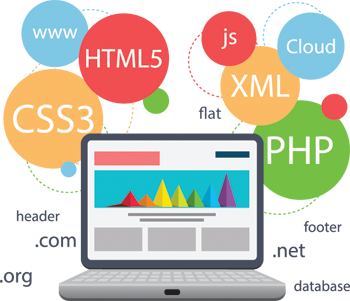Healthcare
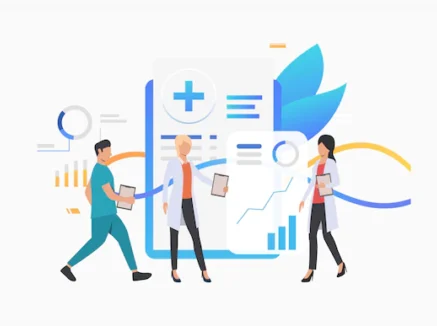
What Does Healthcare Mean?
Healthcare is the improvement of health via the amelioration, or cure of disease, illness, injury, and other physical and mental impairments in people. Health care is delivered by health professionals and allied health fields. Medicine, dentistry, pharmacy, midwifery, nursing, optometry, audiology, psychology, occupational therapy, physical therapy, athletic training, and other health professions are all part of health care. It includes work done in providing primary care, secondary care, and tertiary care, as well as in public health.
Access to health care may vary across countries, communities, and individuals, influenced by social and economic conditions as well as health policies. Providing health care services means "the timely use of personal health services to achieve the best possible health outcomes". Factors to consider in terms of health care access include financial limitations (such as insurance coverage), geographic barriers (such as additional transportation costs, the possibility to take paid time off work to use such services), and personal limitations (lack of ability to communicate with health care providers, poor health literacy, low income). Limitations to health care services affects negatively the use of medical services, the efficacy of treatments, and overall outcome (well-being, mortality rates).
The Types Of Healthcare Practices
An eye for design and a mind for strategic execution. We focus on making great new digital experiences and helping existing companies refocus on digital
Primary Healthcare
We manage the full technology lifecycle
Secondary Healthcare
We manage the full technology lifecycle
Tertiary Healthcare
We manage the full technology lifecycle
What are Examples of Quality Improvement Initiatives in Healthcare?
When healthcare leaders analyze patient data to come up with a plan to reduce postoperative infections or uses data-driven approaches to shorten the average length of hospital stays, those are examples of quality improvement initiatives, said Sowell.
According to Sowell, other real-world impacts of quality improvement in healthcare include:
- Reduction in medication-related adverse events
- Optimization of sepsis care
- Decreased number of urinary catheter infections
- Reduced hospital readmissions
- Decreased medication administration errors
- Improved electronic medical record documentation
- Improved care coordination among departments
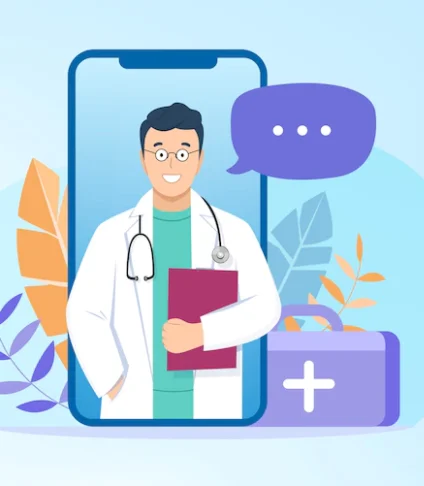
Ready to launch your
next projects?
Let us call. Our team of experienced creatives and developers will listen to you. and Provide a service of high quality.
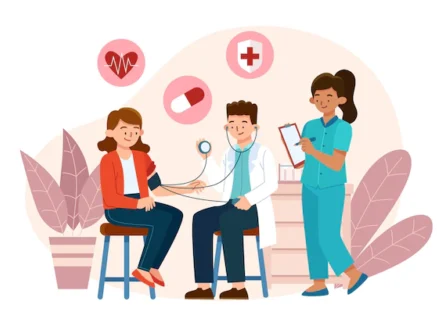
What is the Importance of Quality Improvement in Healthcare?
When healthcare systems focus on quality improvement they can create significant change within a medical institution, achieving everything from financial savings to, most important, saving patient lives. A focus on quality improvement in healthcare can also better prepare an institution to handle a large-scale emergency or medical event, as illustrated during the COVID-19 pandemic.
When the pandemic was at its peak, medical systems around the world used quality improvement processes like data analysis to adjust their methods of care, reduce patient deaths and ICU stays, keep more hospital beds open and ensure the safety of all patients and staff.
“The importance of healthcare quality and safety has been highlighted in the recent ongoing health issues such as the COVID-19 pandemic as healthcare professionals were challenged to provide excellent, quality care as they protected themselves, patients, families, and the community,” said Sowell. “The healthcare quality and safety professional remains challenged to learn from these experiences to better prepare for future problem-solving opportunities.”
Why is healthcare important to the community?
A healthy community benefits every person in it. And community health is one means of achieving a healthy community. The field of public health aims to protect and improve health by addressing the structures and systems that define a place—and by supporting the people who live and work there in making healthy choices. Problems are studied, data is collected and resources are gathered to help solve those problems.
Community health falls under the public health umbrella, bringing those broader topics down to the nitty-gritty of day-to-day life. The workers in this field are the frontline representatives of the health care team. Often, they are members of the community themselves. They reach out, trying to immerse themselves with folks who may not see a doctor or specialist regularly and who might even have some hesitancy dealing with a system that can be confusing, time-consuming and expensive.
Because they are engaged with everyone—children and the elderly, well-to-do and poor, able-bodied and disabled—community health workers have an in-depth knowledge of the living conditions, challenges and concerns of that population. Community health focuses on an overall geographic area rather than on shared characteristics such as age or diagnosis. The defined area could be as small as a neighborhood, or it could encompass a city or an entire region.
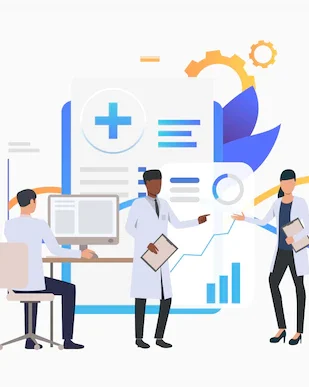
We collaborate to architect a custom set of technologies and methods
Get In Touch
ADDRESS:
AWN SOLUTION LLC
3490 US – 1 #109,
Princeton, NJ, 08540 USA
OPENING HOURS:
12 Noon to 9 PM
We deliver pioneering digital solutions
Development
Branding
IT Services
UX Design
UX Design

Register Office
AWN SOLUTION PRIVATE LIMITED
No 1 Pattamal Street, Krishnapuram
Ambattur, Chennai – 600053
Branch Office
AWN SOLUTION LLC
3490 US – 1 #109,
Princeton, NJ, 08540 USA
© AWN SOLUTIONS 2022. All Rights Reserved.

